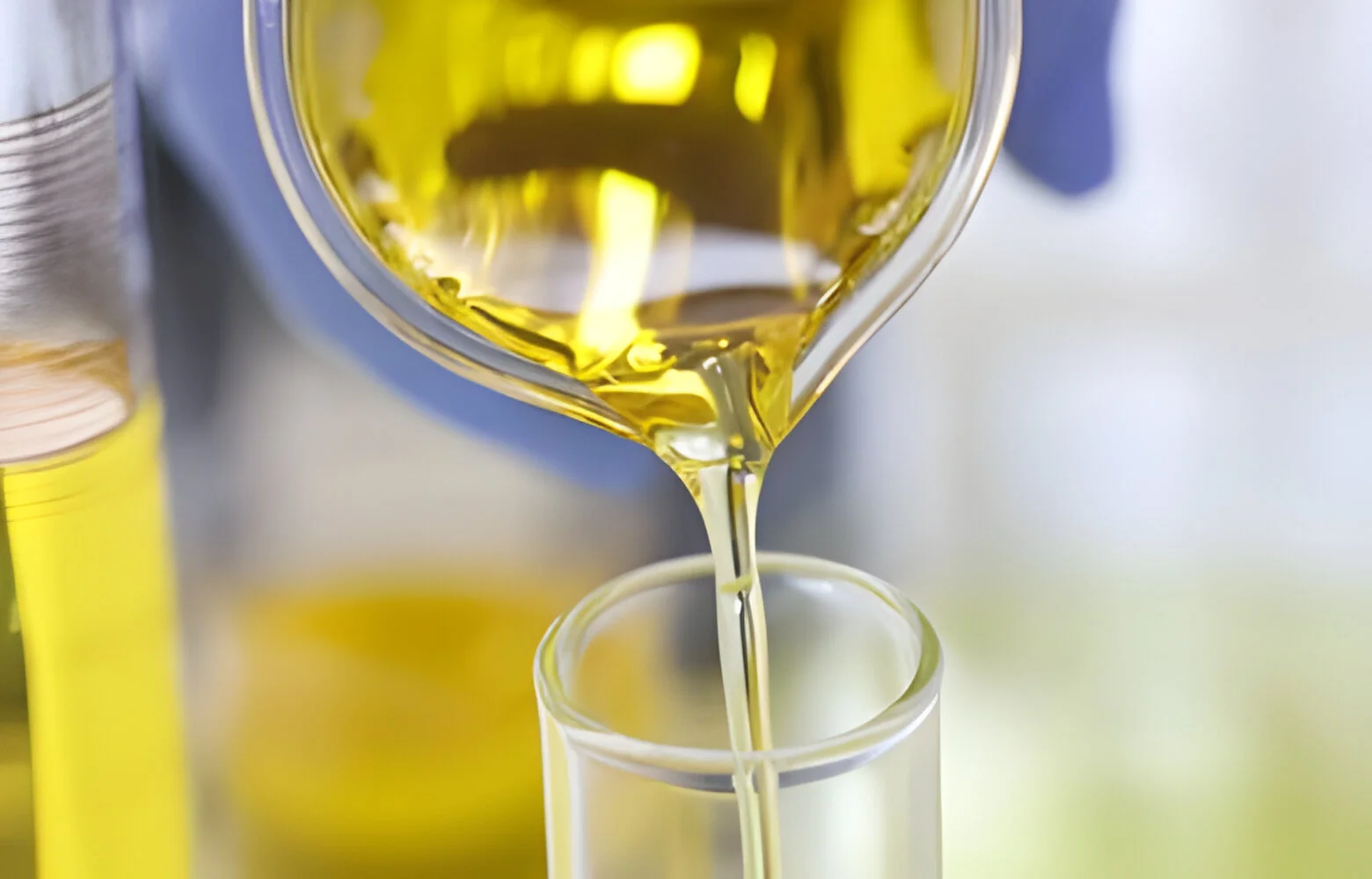Introduction
Operating in extreme conditions requires advanced lubrication solutions. Specialty additives enable lubricants to maintain efficiency under high temperatures, pressures, and variable environmental factors. This article examines the crucial additives that enhance lubricant performance in demanding scenarios.
1. Friction Reduction: Improving Performance
Friction in machinery leads to energy loss and wear. Specialty additives minimize friction, ensuring smoother operation and improved efficiency.
Key Benefits of Friction Modifiers:
- They create a low-friction surface between moving parts.
- Energy loss is minimized, leading to improved fuel economy.
- Equipment operates effectively even in high-stress conditions.
Their ability to reduce mechanical resistance makes them indispensable for extreme environments.
2. Thermal Stability: Withstanding High Temperatures
High temperatures can degrade standard lubricants. Additives designed for thermal stability prevent breakdown and maintain lubricant effectiveness.
How Thermal Stability Works:
- Additives resist chemical changes at elevated temperatures.
- Lubricants remain fluid, ensuring proper flow and protection.
- Equipment operates without overheating or lubricant failure.
This capability is vital for industries such as automotive and aerospace.
3. Wear Prevention: Extending Equipment Lifespan
Wear from metal-to-metal contact can reduce equipment life. Anti-wear additives form a protective layer to prevent surface damage.
Advantages of Anti-Wear Additives:
- They reduce contact between moving parts.
- Lubricants remain effective in high-pressure environments.
- Maintenance costs decrease due to prolonged equipment durability.
These additives are essential for machinery operating under heavy loads.
4. Oxidation Resistance: Ensuring Longevity
Oxidation shortens lubricant lifespan by causing thickening and deposit formation. Oxidation inhibitors slow these reactions, ensuring stable performance.
Benefits of Oxidation Resistance:
- Lubricants maintain their consistency over time.
- Deposits and sludge are minimized, ensuring clean operation.
- Additives extend the interval between oil changes.
This stability enhances both equipment efficiency and cost-effectiveness.
5. Extreme Pressure Additives: Handling Stressful Environments
Certain applications involve high pressure, such as gear systems. Extreme pressure additives protect components from damage in these challenging scenarios.
How They Function:
- Additives form a chemical film on metal surfaces.
- This film prevents wear, scuffing, and pitting.
- Machinery performs reliably even in intense conditions.
Industries like mining and construction rely on these solutions.
6. Corrosion Protection: Safeguarding Components
Corrosion is a major threat in extreme environments. Corrosion inhibitors protect metal surfaces from rust and chemical damage.
Role of Corrosion Inhibitors:
- They create a barrier that shields against moisture.
- Additives neutralize harmful acids in the lubricant.
- Components stay operational even in wet or humid conditions.
This protection ensures longevity in harsh operating conditions.
7. Foam Control: Maintaining Consistency
Foam formation can compromise lubricant performance. Foam control additives ensure steady operation by reducing air entrapment.
How Foam Inhibitors Work:
- They reduce the formation of bubbles during operation.
- Additives ensure consistent pressure in hydraulic systems.
- Lubricants perform reliably even at high speeds.
Their role is crucial in applications involving rapid motion or high agitation.
Conclusion
Specialty additives are integral to lubricant efficiency in extreme conditions. They address challenges like friction, wear, oxidation, and corrosion, ensuring machinery operates smoothly.
As industries demand higher performance, these advanced additives will play an even greater role in maintaining equipment reliability and reducing operational costs. Their impact extends beyond performance, contributing to the longevity and sustainability of modern machinery.

